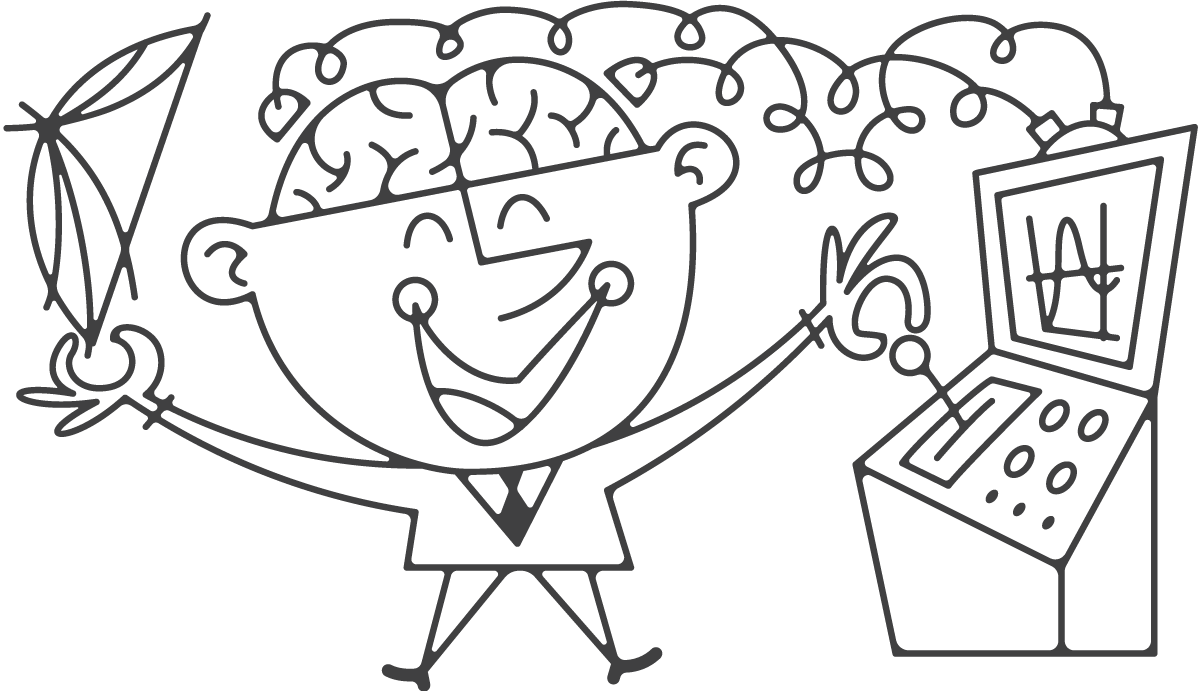When it comes to the psychology of brand, it’s all about tapping into the human mind. The brain is wired to play by certain rules so it’s only rational to have your brand play by those rules too.
When making purchases, humans enjoy buying from brands they relate to. These businesses happen to meet their need with an offering, but also resonate with them on an emotional level. This emotional instinct is actually a glimmer of trust. Ultimately, human psychology forces them to buy from brands they trust. The psychology of this trust is encouraged in several ways:
First and foremost, our brains crave predictability and consistency. Brands that consistently deliver on their promises and maintain a consistent image are more likely to gain our trust. This is why companies with strong brand identities and consistent messaging tend to do well – they’re meeting our brain’s need for predictability. Think about it like that friend who actually meets up with you on time or follows through on their word. They are reliable, true, and trustworthy making them a better friend.
But it’s not just consistency that matters. Our brains also crave connections and social validation. We want to feel like we’re part of something bigger and that our choices align with our values and beliefs. This is why companies that have a clear purpose and mission, and actively involve their customers in that mission, tend to have loyal and passionate fans. This is impactful as it reciprocates with the audience because if they connect with the mission or belief, then it’s a direct affirmation of their own identity. This is similar to when friends agree politically or morally, most of the time they align with you and it furthers your relationship.

On top of that, our brains are wired to respond to visual cues. A strong and recognizable logo, color scheme, and overall brand identity aesthetic can make a brand feel more familiar, even if we’ve never interacted with it before. This psychological approach helps a brand be more salient in the eyes of the consumer. This tells the brain to take note and make the brand more familiar over time. This same effect happens with celebrities, the more you see a certain face on the cover of a magazine, in a movie, in an interview, etc. the more familiar they become which makes them more likable.
And lastly, let’s not forget the power of nostalgia. Brands that evoke feelings of nostalgia and memories of happy times tap into the emotional part of our brain, making us more likely to form a strong connection with them. The emotional power of nostalgia hinges on trust as the compounded impact of familiarity is baked in as well as the positive light we shine on it. This is accomplished through traditional imagery or “warmer” concepts that remind us of certain things. It’s like a trip down memory lane with one of your friends from back-in-the-day. It brings joy but also reinforces the trust you have in them as a person which further solidifies the relationship.
Understanding the psychology of brand means understanding the human mind. By tapping into our need for predictability, connections, visual cues (signals), and nostalgia, brands can create a powerful emotional connection with their audience. When thinking about growing your business, marketing, or even just sales, remember to think about what makes the human mind tick.
Never underestimate the power of psychology in brand. By understanding the human mind, you can create a brand that not only sells products, but also creates a connection with your audience that goes deeper than just a transaction.

